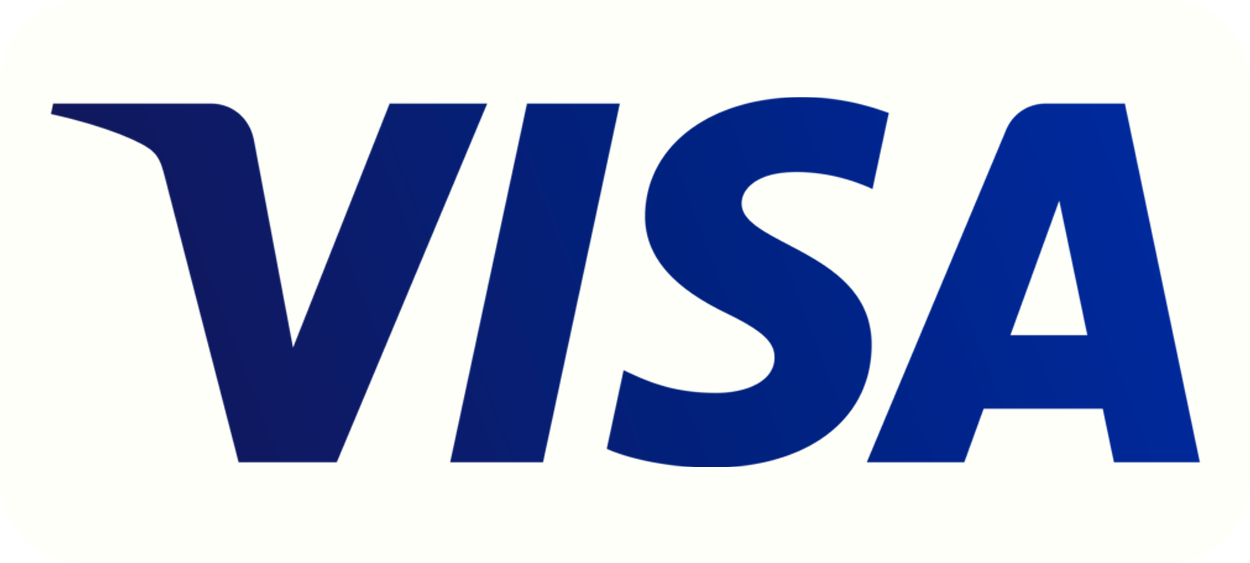Navigating Toilet Blockages: DIY Solutions and Knowing When to Call A Plumber
A blocked toilet is a household problem that can disrupt daily routines and create considerable stress. While minor toilet clogs can often be resolved with do-it-yourself (DIY) solutions, it’s crucial to recognize when to call a professional plumber for more severe blockages. In this article, we’ll explore effective methods for dealing with blocked toilets, and we’ll discuss the indicators that signify it’s time to engage the services of a professional plumber.
Dealing with Toilet Blockages:
The Plunger: The plunger is the go-to tool for clearing toilet blockages. To use it effectively, ensure a good seal by pressing it down firmly over the drain. Plunge vigorously up and down to build pressure and dislodge the clog. Proper plunging should create enough force to clear minor blockages.
Baking Soda and Vinegar: For milder toilet blockages, a mixture of baking soda and vinegar can help break down the clog. Start by pouring a cup of baking soda into the toilet bowl, followed by a cup of white vinegar. Allow the mixture to fizz and react for around 30 minutes. This chemical reaction can help dissolve the blockage, making it easier to flush away.
Toilet Auger: When a plunger and chemical solutions fail to clear the blockage, a toilet auger (or closet auger) can be your next step. Insert the auger into the toilet bowl, and extend the auger by cranking the handle clockwise. When you encounter resistance, you’ve likely reached the clog. Gently turn the handle to break it apart, and then retract the auger, pulling the clog with it.
Signs It’s Time to Call a Plumber:
While DIY methods can be effective for many toilet blockages, there are situations where professional plumbing assistance is essential:
- Recurrent Clogs: Frequent or recurrent blockages can be a sign of a deeper plumbing issue. It may result from tree root intrusion, damaged pipes, or a problem within the sewer line. A professional plumber can perform a comprehensive inspection to identify and address the root cause.
- Multiple Blocked Fixtures: When multiple plumbing fixtures in your home are simultaneously blocked, it can indicate a blockage in the main sewer line. This can lead to water from one fixture emerging in another, creating a messy and unsanitary situation. A professional plumber is equipped to handle blockages in the main sewer line effectively.
- Slow Drainage: If you experience persistent slow drainage in the toilet that doesn’t improve with DIY methods, it’s a sign of a more severe blockage deeper in the plumbing system. A professional plumber can use specialized equipment to locate and address the blockage efficiently.
- Visible Water Damage: If you notice water damage around the base of the toilet or on the ceiling below, it’s crucial to call a professional plumber. Water damage may be a sign of a leaking seal, a cracked toilet, or other issues that require expert attention.
- Foul Odors: Persistent foul odors emanating from your toilet can be a sign of a blocked vent pipe or a sewer line issue. Plumbers can locate and address these problems to restore proper ventilation and eliminate odors.
In conclusion, a blocked toilet is a common household issue that can often be resolved with DIY methods such as plunging, baking soda and vinegar, or a toilet auger. However, recognizing when to call a professional plumber is crucial. For recurrent clogs, multiple blocked fixtures, slow drainage that doesn’t improve, persistent foul odors, and visible water damage, professional plumbers have the expertise and tools to diagnose and resolve complex toilet blockages and any underlying plumbing issues. By recognizing when to call a plumber, you can ensure a swift and effective solution to your toilet blockage problems and maintain the integrity of your plumbing system.

 or pay later with
or pay later with 












































